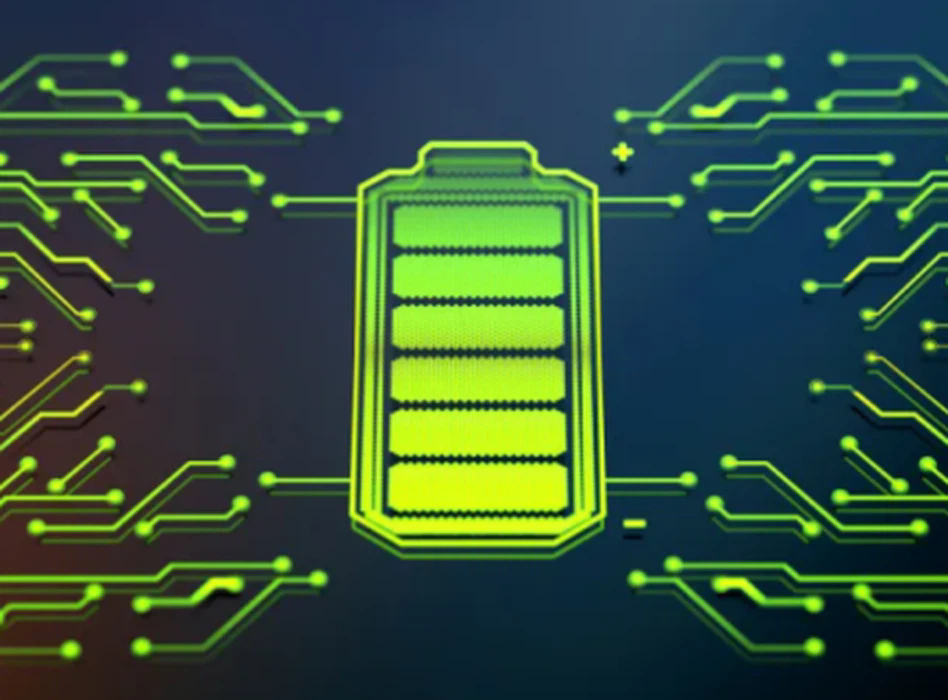Room temperature lithium batteries are used in everyday life, commonly used in cell phone batteries, mobile power, etc., with an operating temperature range of 0 ℃ ~ 60 ℃, the room temperature is about 45 ℃. The best high-temperature performance is lithium iron phosphate batteries, the high-temperature performance of other lithium battery types is 2 to 3 times, so lithium iron phosphate batteries are safer in application. As lithium iron phosphate batteries in higher temperatures can still maintain the work performance to protect electronic equipment operations, many servers room backup power will choose lithium iron phosphate as a power emergency equipment.
Power outages have affected most of the world, power limitations and even power outages have led to reduced production or shutdown of factories, affecting the daily lives of residents, and long-term power outages have increased the threat to economic development. Pakistan has been power shortages, often in the summer 3 hours and more power outages, and the construction of the energy base is relatively weak. Frequent power outages in Tasmania, Nepal, Nigeria, Afghanistan, etc. have again caused damage to the country's economy, resulting in a vicious cycle. Power outages worsen supply chain problems and affect economic development, the residents' lives are also troubled by sudden power outages of household appliances from time to time, making it impossible to use household appliances normally.
Lithium iron phosphate battery is the main part of the emergency power backup system and security, responsible for the power supply after a power outage. The main role of an emergency equipment system is to provide emergency power for the load when the utility device stops working or fails, to avoid equipment damage and data loss. Lithium iron phosphate battery has obvious advantages in electrochemical performance, in line with the development direction of a lightweight and integrated emergency power backup system, and has been successfully applied in the communication base station.
In theory, lead-acid batteries
and lithium-ion batteries, and other batteries can apply in power
emergency equipment, but there are significant differences in the
working performance of battery types. Lithium-ion batteries to lithium iron
phosphate batteries, for example. Compared with other lithium-ion batteries
(LiCoO2, LiMnO2, etc.), LiFePO4 battery safety, environmental friendliness, and
cycle stability is better. Relative to lead-acid batteries, lithium iron
phosphate batteries have a long cycle life, safe and stable, are green, have a
self-discharge rate that is small, small, and lightweight, etc. With the
continuous maturation of integrated technology, the cost continues to reduce,
and lithium iron phosphate in power emergency equipment is widely used. In a
power shortage or sudden power outages in unexpected situations, the power
emergency equipment will help users reduce the bad impact. Lithium iron phosphate
battery is resistant to high temperatures and low temperatures, both summer and
winter, and can still maintain good performance.

